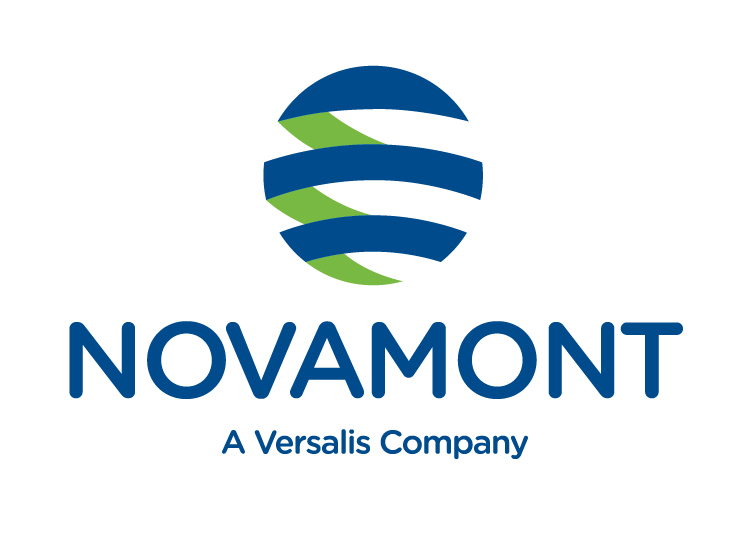

Novamont

Piedmont, Italy
July 2020
Chemicals & chemical products
Manufacturing
Canada,
Denmark,
Estonia,
Finland,
France,
Germany,
Ireland,
Italy,
Norway,
Poland,
Spain,
Sweden,
United States
Novamont is an Italian company, wholly owned by Versalis (Eni). It is a leader at international level in the bioplastics sector and in the development of biochemicals and bioproducts obtained from the integration of chemistry, agriculture and the environment. It promotes a circular approach to bioeconomy based on the efficient use of resources and on the concept of territorial regeneration. Its development model aims at creating sustainable integrated value chains and revitalizing no longer competitive production and research sites to create new value, products and jobs. It develops products of vegetable origin, biodegradable and compostable, conceived as solutions to specific problems related to the quality of water and soil. Over the years it has carried out a multiplicity of case studies, creating connections between different sectors (agriculture, research, industry, waste management, institutions, civil society). With a portfolio of around 1,600 patents and patent applications, it is also a R&D centre and a training centre for young and experienced researchers. Since 2021 it has owned Biobag Group, a leading company in the production and marketing of biodegradable and compostable products, which has been independently verified as part of Novamont’s B Corp certification.
Overall B Impact Score
Governance 14.6
Governance evaluates a company's overall mission, engagement around its social/environmental impact, ethics, and transparency. This section also evaluates the ability of a company to protect their mission and formally consider stakeholders in decision making through their corporate structure (e.g. benefit corporation) or corporate governing documents.
Workers 26.1
Workers evaluates a company’s contributions to its employees’ financial security, health & safety, wellness, career development, and engagement & satisfaction. In addition, this section recognizes business models designed to benefit workers, such as companies that are at least 40% owned by non-executive employees and those that have workforce development programs to support individuals with barriers to employment.
Community 14.2
Community evaluates a company’s engagement with and impact on the communities in which it operates, hires from, and sources from. Topics include diversity, equity & inclusion, economic impact, civic engagement, charitable giving, and supply chain management. In addition, this section recognizes business models that are designed to address specific community-oriented problems, such as poverty alleviation through fair trade sourcing or distribution via microenterprises, producer cooperative models, locally focused economic development, and formal charitable giving commitments.
Environment 60.0
Environment evaluates a company’s overall environmental management practices as well as its impact on the air, climate, water, land, and biodiversity. This includes the direct impact of a company’s operations and, when applicable its supply chain and distribution channels. This section also recognizes companies with environmentally innovative production processes and those that sell products or services that have a positive environmental impact. Some examples might include products and services that create renewable energy, reduce consumption or waste, conserve land or wildlife, provide less toxic alternatives to the market, or educate people about environmental problems.
Customers 3.7
Customers evaluates a company’s stewardship of its customers through the quality of its products and services, ethical marketing, data privacy and security, and feedback channels. In addition, this section recognizes products or services that are designed to address a particular social problem for or through its customers, such as health or educational products, arts & media products, serving underserved customers/clients, and services that improve the social impact of other businesses or organizations.